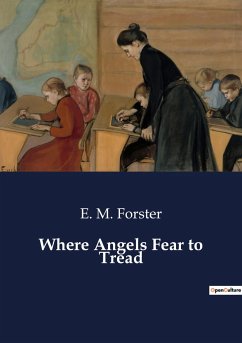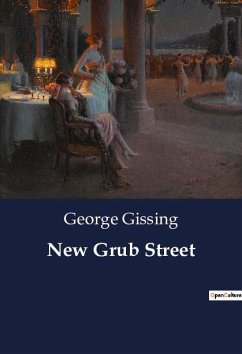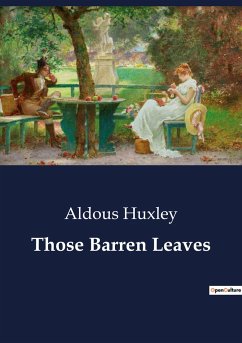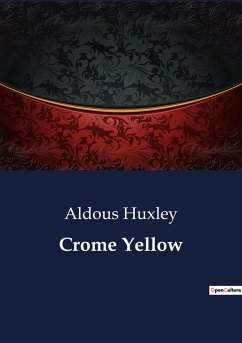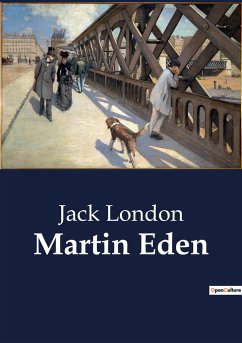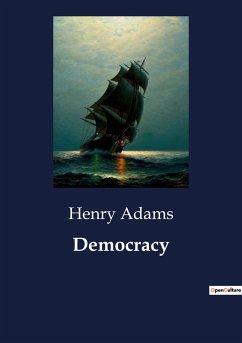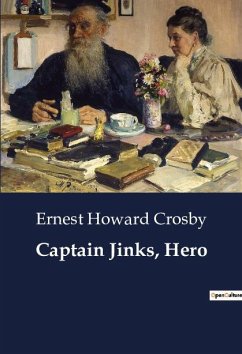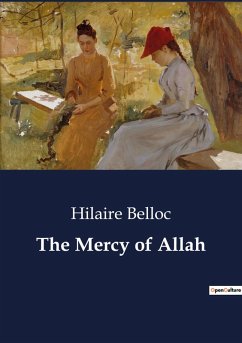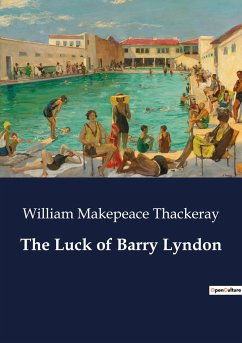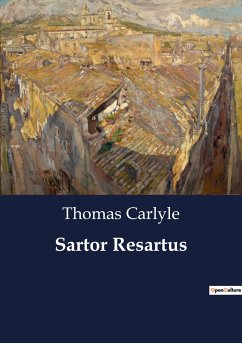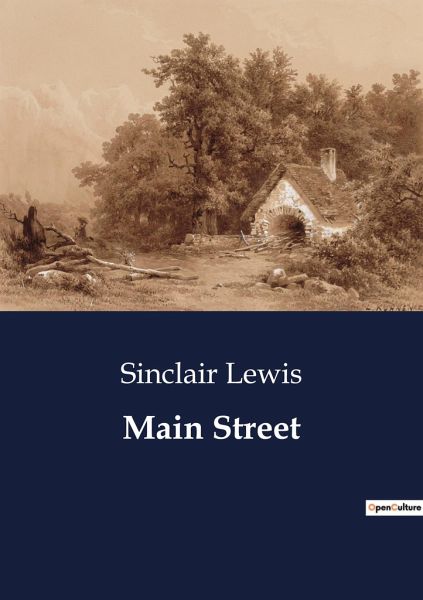
Main Street
Versandkostenfrei!
Versandfertig in 1-2 Wochen
24,90 €
inkl. MwSt.

PAYBACK Punkte
0 °P sammeln!
Carol Milford grows up in a mid-sized town in Minnesota before moving to Chicago for college. After her education, during which she¿s exposed to big-city life and culture, she moves to Minneapolis to work as a librarian. She soon meets Will Kennicott, a small-town doctor, and the two get married and move to Gopher Prairie, Kennicott¿s home town. Carol, inspired by big-city ideas, soon begins chafing at the seeming quaintness and even backwardness of the townsfolk, and their conservative, self-satisfied way of life. She struggles to try to reform the town in her image, while finding meaning i...
Carol Milford grows up in a mid-sized town in Minnesota before moving to Chicago for college. After her education, during which she¿s exposed to big-city life and culture, she moves to Minneapolis to work as a librarian. She soon meets Will Kennicott, a small-town doctor, and the two get married and move to Gopher Prairie, Kennicott¿s home town. Carol, inspired by big-city ideas, soon begins chafing at the seeming quaintness and even backwardness of the townsfolk, and their conservative, self-satisfied way of life. She struggles to try to reform the town in her image, while finding meaning in the seeming cultural desert she¿s found herself in and in her increasingly cold marriage. Gopher Prairie is a detailed, satirical take on small-town American life, modeled after Sauk Centre, the town in which Lewis himself grew up. The town is fully realized, with generations of inhabitants interacting in a complex web of village society. Its bitingly satirical portrayal made Main Street highly acclaimed by its contemporaries, though many thought the satirical take was perhaps a bit too dark and hopeless. The book¿s celebration and condemnation of small town life make it a candidate for the title of the Great American Novel. Main Street was awarded the 1921 Pulitzer Prize, but the decision was overturned by the prize¿s Board of Trustees and awarded instead to Edith Wharton for The Age of Innocence. When Lewis went on to win the 1926 Pulitzer for Arrowsmith, he declined it¿with the New York Times reporting that he did so because he was still angry at the Pulitzers for being denied the prize for Main Street. Despite the book¿s snub at the Pulitzers, Lewis went on to win the Nobel Prize in Literature in 1930, with Main Street being cited as one of the reasons for his win.



